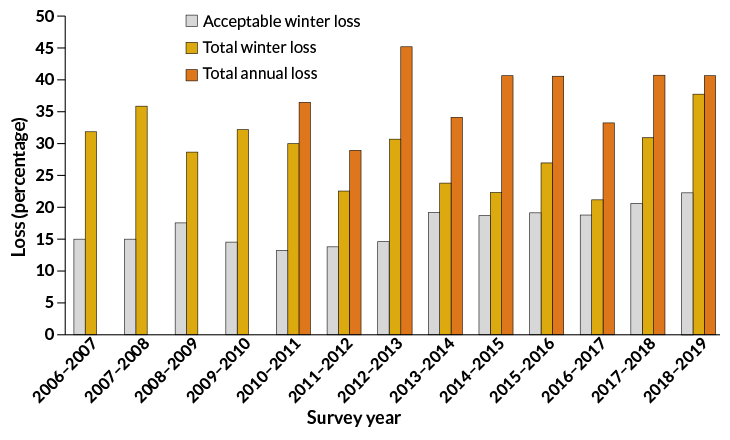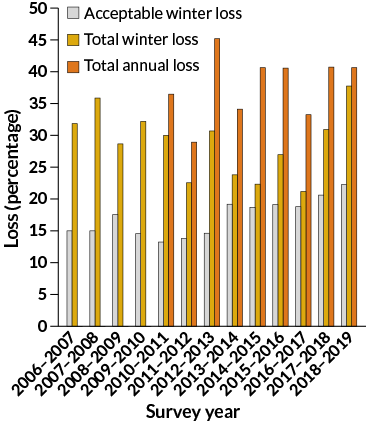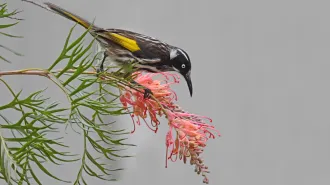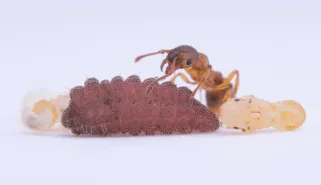U.S. honeybees had the worst winter die-off in more than a decade
Varroa mites and diseases did the most damage, but weather disasters didn’t help
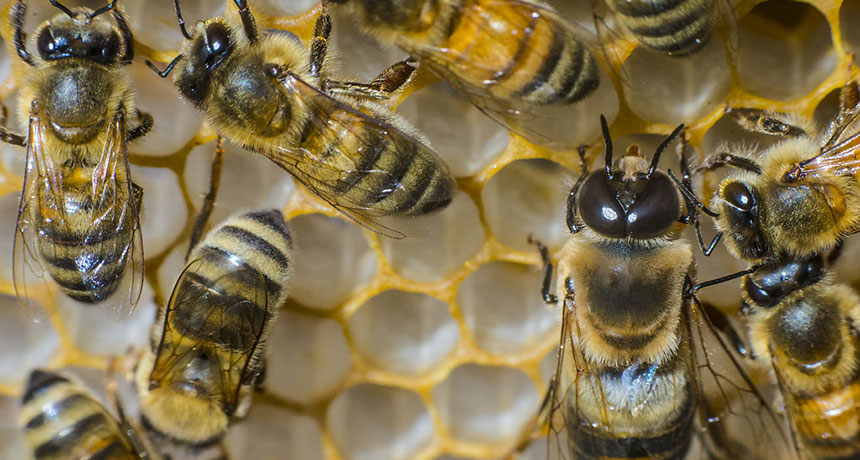
WINTER WOES The worst winter losses of U.S. honeybee colonies in more than a decade raise worries about how much punishment these crop pollinators can take.
FarmersGov
